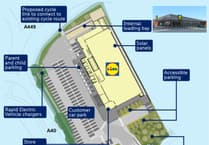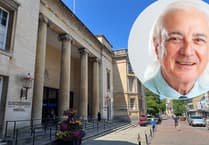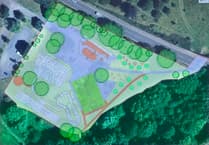General election dirty tricks have a long history, dating back to at least 1924 when Britain saw its first Labour government led by Prime Minister Ramsey MacDonald come under fire through a forged document. Linton & District History Society delves into this intriguing episode in its upcoming meeting.
In 1924, Britain had its first Labour Government, led by Prime Minister Ramsey MacDonald. Although it was a minority government, MacDonald was keen to introduce some radical policies, notably the recognition of the Soviet Union. After just eight months, his government lost a Commons vote of No Confidence. MacDonald then called for another General Election, slated for 29th October 1924.
Adding fuel to the fire, the Daily Mail published a document on 25th October that year, claiming to be a letter from Grigory Zinoviev, a high-profile Russian communist. Addressed to British communists, the letter insinuated that Labour's policies would spark a British workers' uprising and facilitate Soviet Russia in spreading Leninist propaganda in Britain and its colonies. This ignited an immediate uproar, contributing to what became known as the "Red Scare." Just four days after this publication, the Conservatives secured a substantial majority in the elections.
Grigory Zinoviev immediately denied authorship of the letter, but the British public was sceptical. A sentiment reflected in the words of Mandy Rice-Davies during a later scandal: "He would say that, wouldn't he?" Interestingly, Zinoviev was telling the truth. The letter turned out to be a forgery, likely created by White Russian emigrés and leaked by British security services concerned about a pro-Soviet government, to the press.
Jonquil Dodd, Secretary of the Linton & District History Society, invites everyone to the society's next meeting to explore another fascinating piece of history. The meeting will be held on 1st November at Linton Village Hall and will discuss the life of William Cavendish, 1st Duke of Devonshire. Doors open at 7 p.m. for a 7:30 p.m. start, with a visitors' fee of £5. All are welcome to attend.



.jpeg?width=209&height=140&crop=209:145,smart&quality=75)

Comments
This article has no comments yet. Be the first to leave a comment.